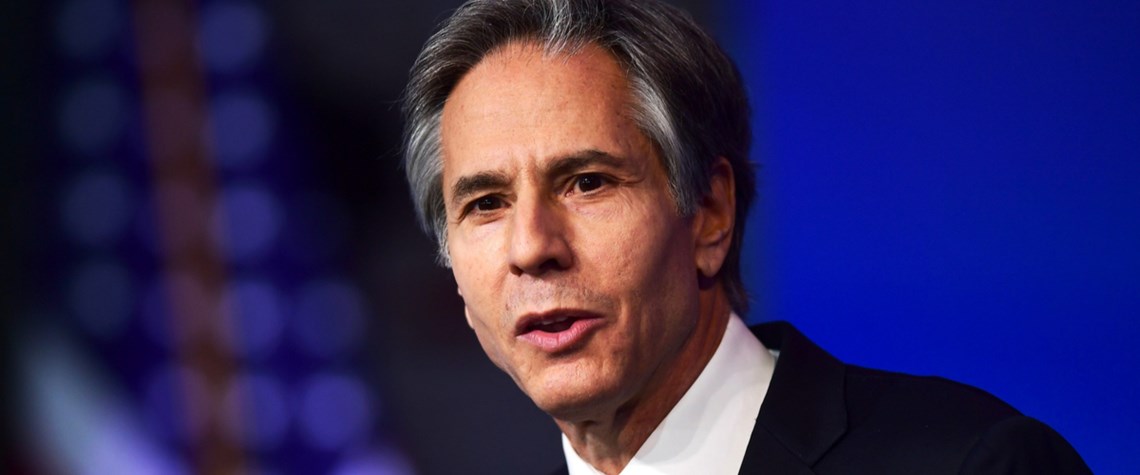Biden plans Mid-East Gulf shake-up
US diplomatic goals, if achieved, will impact the Iranian, Saudi and Yemeni energy sectors
President Joe Biden’s foreign policy speech at the State Department in early February gave subtle, but unequivocal, indications of how the new US administration’s views of the Middle East are radically different from those of the previous team. In listing America’s closest friends—ones he had contacted since taking office—he omitted Israel and all Arab states. The region’s autocrats know that relations with Washington are about to change: the president spoke of “rebuilding the muscle of democratic alliances”. Biden also dropped his predecessor’s habit of using foreign policy speeches to castigate Iran. He clearly wants to be careful not to complicate the role of his diplomatic corps, which h

Also in this section
19 February 2026
US LNG exporter Cheniere Energy has grown its business rapidly since exporting its first cargo a decade ago. But Chief Commercial Officer Anatol Feygin tells Petroleum Economist that, as in the past, the company’s future expansion plans are anchored by high levels of contracted offtake, supporting predictable returns on investment
19 February 2026
Growth in LNG supply will surpass the rise in demand in 2026 for the first time in years, according to Mike Fulwood, senior research fellow at the OIES, but lower prices are likely to encourage fuel switching and could create more demand on a permanent basis
19 February 2026
Awais Ali Butt, manager for sales and business development at Pakistan LNG Ltd, discusses LNG’s role in energy security across developing, price-sensitive economies, as well as examining trade-offs between buying strategies and the impact of lower prices and policy on import behaviour
19 February 2026
LNG’s technical maturity, availability and price, as well as regulation, have driven its rapid adoption as a marine fuel, yet its future in shipping will depend on transition policies and progress in cutting methane emissions and scaling bio- and synthetic LNG, according to Carlos Guerrero at Bureau Veritas







